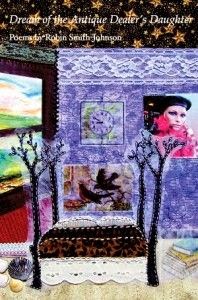Synesthesia is an intuitive connecting of the senses in
which one sense is used to describe
another. This might be something not associated with a sense, for example,
words used to excite the imagination --
taste of sweet or sour described as a taste of green.
Challenge:
For each color or texture, list something not associated
with color/texture:
Red wind white memory smooth love
1. blue 2. orange
3. red 4. velvet
5. satin 6. turquoise
7. opaque 8. transparent
9. textured 10. rough
Use words not associated with scent
Six fragrances in
the sky
11. smell 12. aroma
13. bouquet 14. fragrant
Name things not connected with sound
Hear heat
15. listen 16. hear
17. beckoning 18. calling
Use the words listed with things not seen
I looked into the sound of morning.
19. look 20. see
21. visualize 22. picture
23. gaze
Name things you can not literally touch
Embrace the shadow.
24. feel 25. grab
26. embrace 26. caress
27. touch
example
I hear the wind
washing my hair with icy fingers
clearing away the weight of the day
and rinsing it in the moonlight.
n Vicky
Edmonds Verver
HAVE FUN WITH THIS EXERCISE!
(Note: This was an exercise originally presented to the
Guyer Barn Poets in December, 2001)

